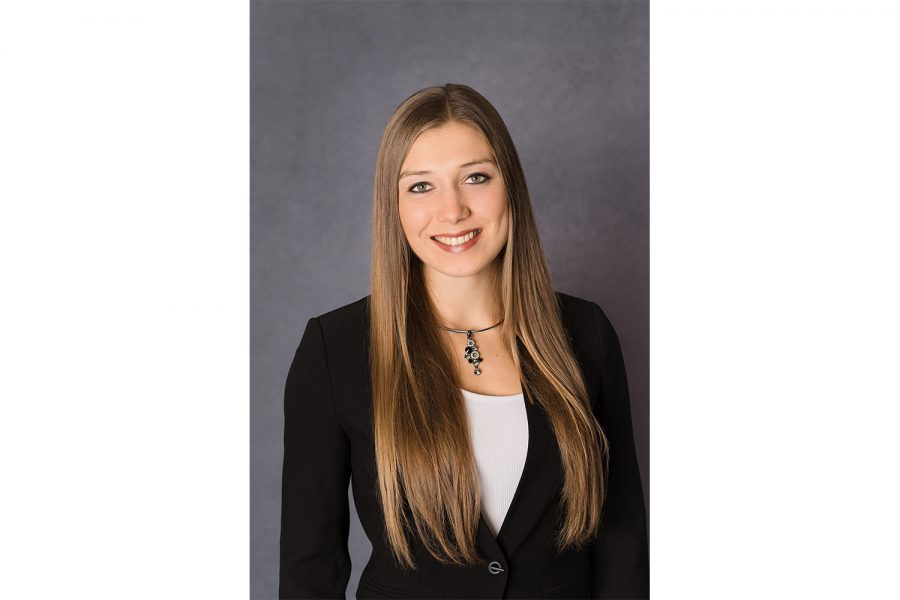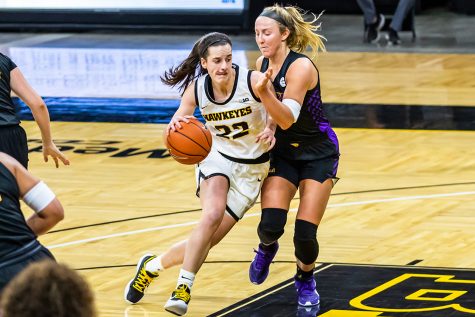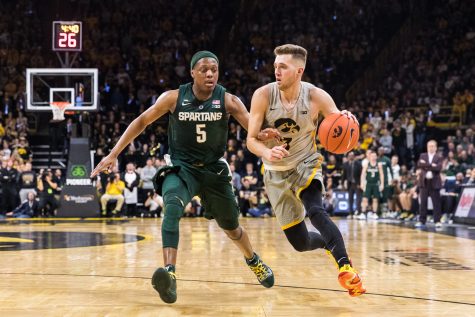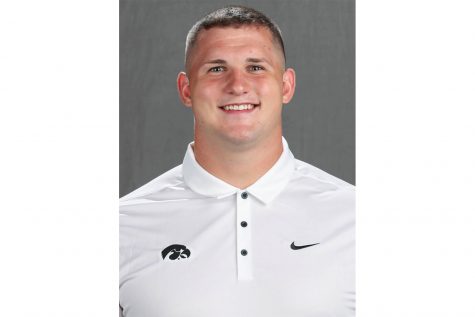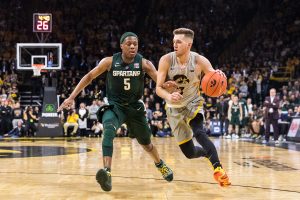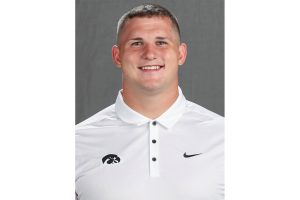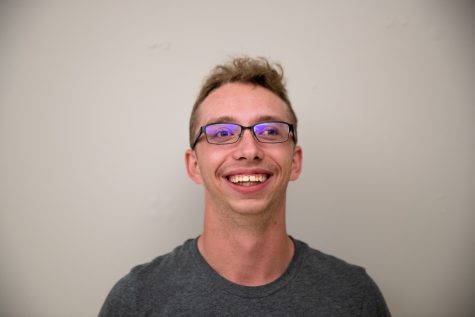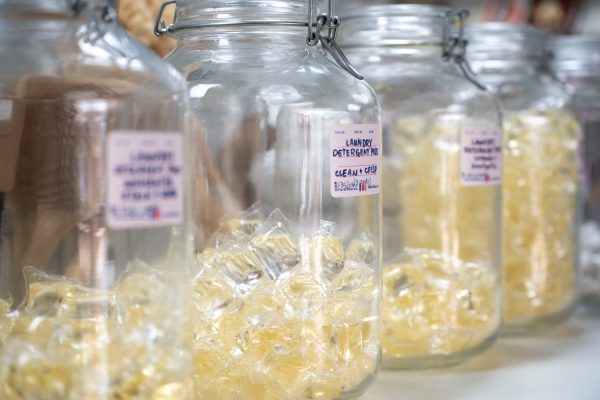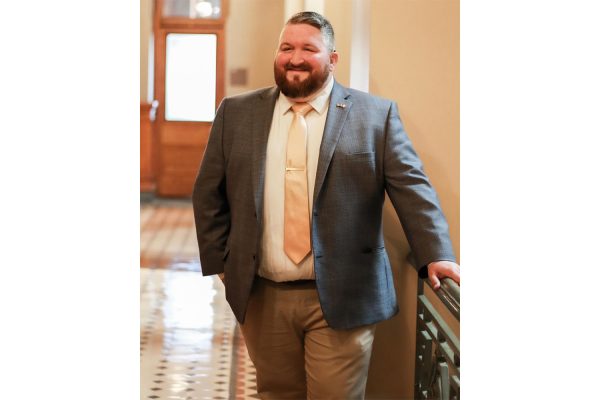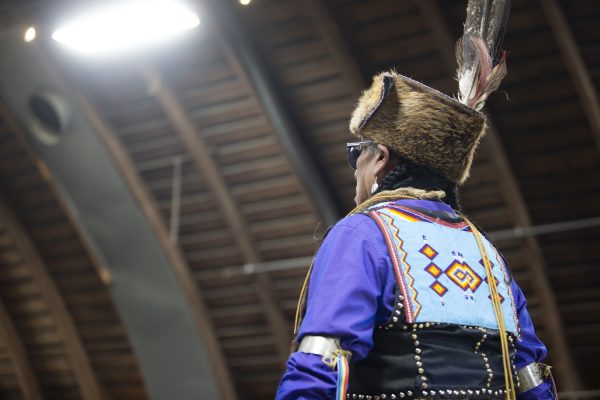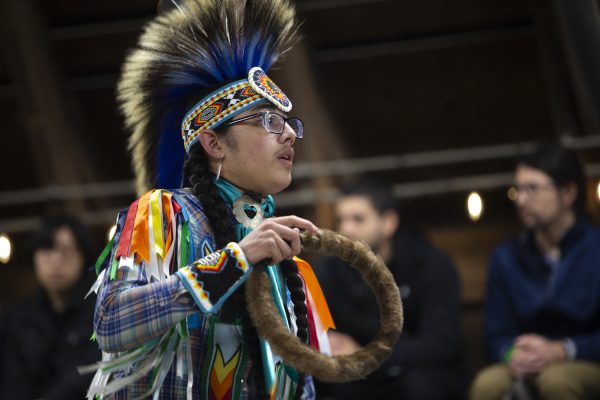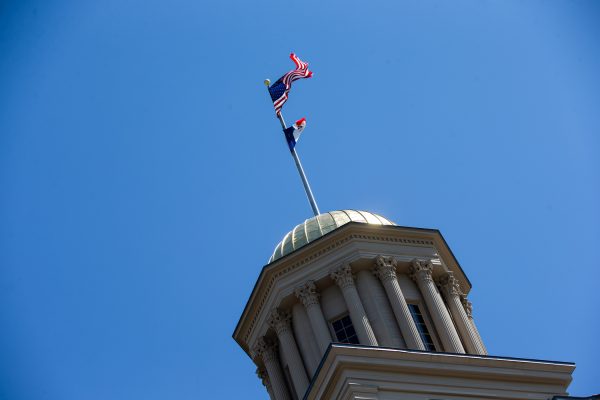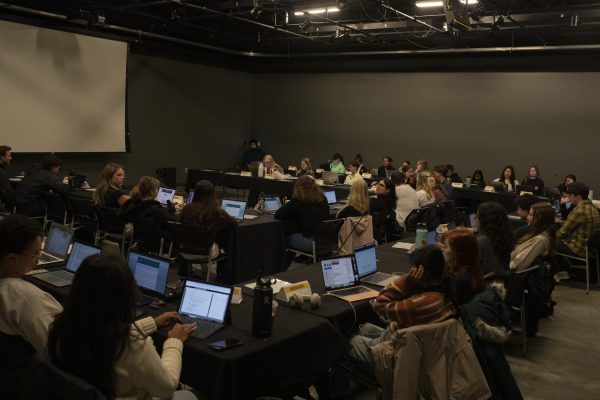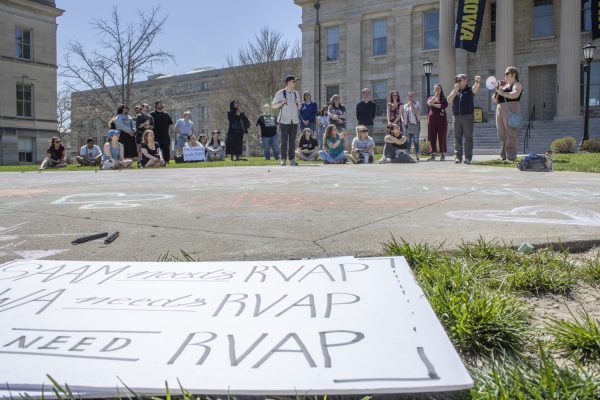Iowa Track and Field’s Marissa Mueller awarded Rhodes Scholarship
The senior competing in track and field and majoring in biomedical engineering became the 22nd Rhodes Scholar from the University of Iowa on Nov. 21.
December 2, 2020
Every high-level athlete has reached “the zone” at least once in their sporting lives.
Iowa javelin thrower Marissa Mueller entered that zone on Nov. 21, but she wasn’t competing on the infield. Instead, she was aiming at the prestigious Rhodes Scholarship, which she was awarded with that day.
Mueller is the 22nd Rhodes Scholar in the history of the University of Iowa and the second Hawkeye woman to receive the honor. She was also one of 11 Canadians to earn the scholarship this year.
The Ontario native went through an intense application process for the honor that culminated in an hour-long Zoom interview with some of the brightest minds in her home country.
“Going into the interview I felt absolutely terrified, I’m not going to lie,” Mueller said. “But as soon as I got into the interview, I honestly felt like I was on the javelin runway. I say that I’m used to competing under pressure, but I never fail to get an intense onset of pre-meet nerves and I definitely had that for the Rhodes interview. But as soon as I stepped onto the runway, as soon as I clicked into that interview, I felt all of the nerves go away. I just settled into a zone. It was so weird, but honestly, it just felt like sports. It was like ‘OK you’ve done the work, you’ve put the work in, you’ve had so many people support you and help you, just do your thing.’ And I just felt myself relax for like the first time in like two weeks, and I just felt like I was having a conversation with the interviewers.”
Those conducting the interview included the associate chief justice of Ontario, the Canadian research chair, an advisor to four Prime Ministers, and a Nobel Prize winner.
With the help of Kelly Thornburg, director of scholar development at the UI Honors Program, Mueller participated in several mock interviews. Those were with current and former professors, Iowa alums, and current and previous Rhodes Scholars plus other Rhodes Finalist from across the country.
Mueller, a biomedical engineering major will graduate this spring and continue stem cell research she began at Iowa at Oxford next fall. She said she kept a running document to help her prepare for the Nov. 21 interview.
“I’ve got like a 40-page document on things that I was prepping,” Mueller said. “Anywhere from the ethics of stem-cell research to how many pennies make up the Washington State Building, to how to dismantle systemic racism using engineering tools, public health, philosophy.”
Although Mueller has had many opportunities open up for her in the short time she has known she will be a Rhodes Scholar, her main focus at Oxford will be on stem-cell research a passion that began when she was younger.
After suffering from knee problems during her childhood, procedures involving stem cells allowed her to continue with her athletics when doctors had previously told her that might not be possible.
“When I was younger [the doctors] said don’t get your hopes up with being involved in super-competitive sports and I might not be able to run like my friends,” Mueller said. “But then there were these other operations that came out that were really promising and two of them involved stem cell technology.
“It was microfracture and they were pretty new at the time. Those involved using my own stem cells in my legs to help regenerate the protective covering over the bone because they had to take out my meniscus.”
For Mueller, studying stem cells is her way of giving back to the field that changed her life for the better.
“It’s because of medical research and surgical sciences, regenerative technologies that I’ve been able to compete in athletics and pursue an education as a student-athlete,” the scholar said. “The field has changed my life and I want to contribute to that field on the global scale make a difference in the lives of everyone my research will affect.”



